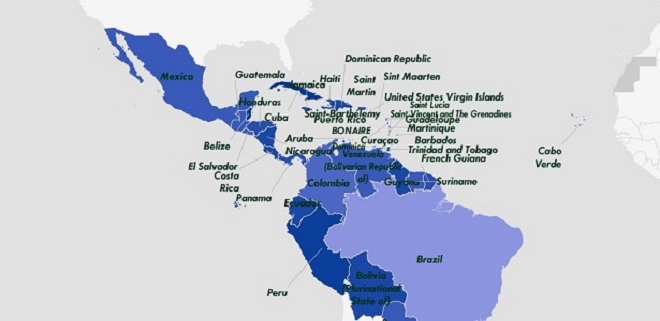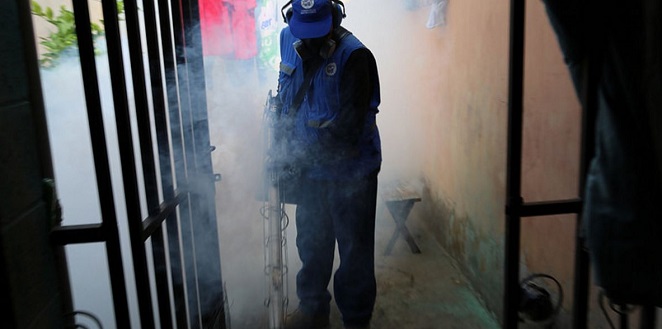Geneva, Switzerland | AFP |
The Zika virus strain linked to surging cases of neurological disorders and birth defects in Latin America has for the first time been found in Africa, the World Health Organization said Friday.

The UN health agency announced that the Zika virus strain circulating in Cape Verde had been shown to be the same as the one behind an explosion of cases in the Americas.
“This is the first time that strain of Zika which has been showed to cause neurological disorders and microcephaly … has been detected in Africa,” Matshidiso Moeti, WHO’s Africa regional chief, told reporters in Geneva.
Sequencing confirms that the #ZikaVirus currently circulating in #CaboVerde is the same as the one circulating in the Americas
— WHO (@WHO) May 20, 2016
The so-called Asian strain of the virus has infected some 1.5 million people in hardest-hit country Brazil alone, and was detected in Cape Verde through the sequencing of Zika cases in the island nation.
“It is the same genetic material as the virus in Brazil,” WHO spokeswoman Marsha Vanderford told AFP.
“The findings are of concern because it is further proof that the outbreak is spreading beyond South America and is on the doorstep of Africa,” Moeti said.
“This information will help African countries to re-evaluate their level of risk and adapt and increase their levels of preparedness,” she added.
Experts agree that Zika is behind a surge in cases of the birth defect microcephaly — babies born with abnormally small heads and brains — after their mothers were infected with the virus.



The virus, which also causes the rare but serious neurological disorder Guillain-Barre Syndrome, is mainly spread by two species of Aedes mosquito but has also been shown to transmit through sexual contact.
WHO believes the Asian Zika strain was imported to Cape Verde by a traveller coming from Brazil, before it began spreading locally.
The African strain of the Zika virus, which takes its name from Uganda’s tropical Zika forest where it was first discovered in 1947, has been widespread on the continent for decades.
The findings are of concern because it’s further proof that t/ #Zika outbreak is spreading beyond the Americas & is on t/ doorstep of Africa
— WHO (@WHO) May 20, 2016
But until recently, Zika sparked little concern, as it usually causes only mild, flu-like symptoms and Africans have generally built up immunity against the African strain.
It remains unclear what impact the Asian strain of the virus could have in Africa, said Bruce Aylward, WHO chief on outbreaks and health emergencies.
As of May 8, 7,557 suspected Zika cases had been registered in Cape Verde, as well as three microcephaly cases, WHO said.
No cases of Guillain-Barre Syndrome have been registered in the country so far.
 The Independent Uganda: You get the Truth we Pay the Price
The Independent Uganda: You get the Truth we Pay the Price



